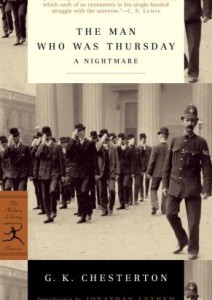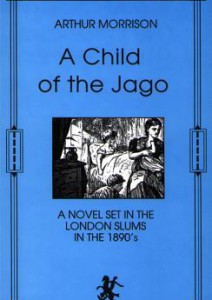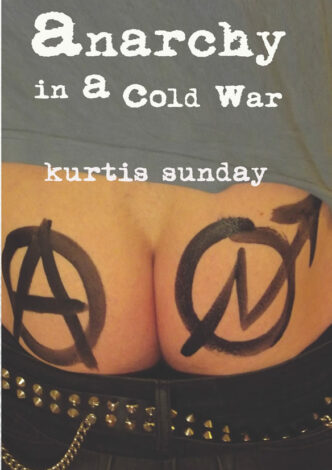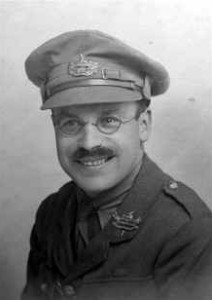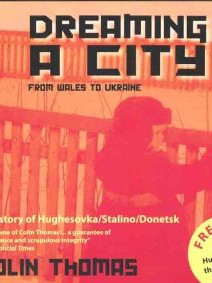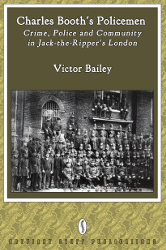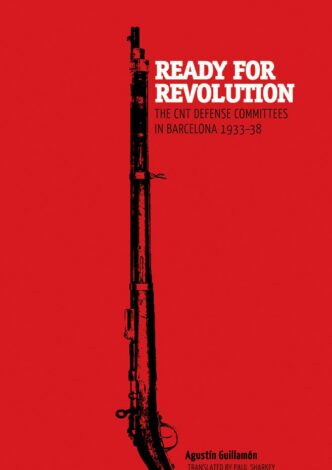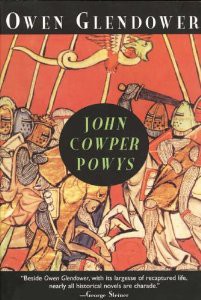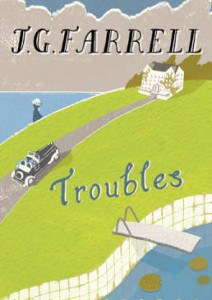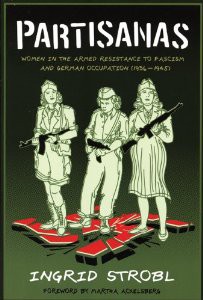G. K. Chesterton’s The Man Who Was Thursday not only draws upon the historic stigmatisation of anarchists but also self-consciously explores and develops the caricature. The novel was first published in 1908. During the late Nineteenth Century anarchism had emerged as a distinct militant strand of socialism, a distinction underlined by the exclusion of anarchists from the Second International. By 1908 the anarchist movement had been heavily vilified due to various individualist ‘outrages’. […]
Arthur Morrison’s 1890’s novel A Child of the Jago is set in the slum courts of London’s East End. Life in the Jago is a Hobbesian war of all against all, a socialist Darwinist nightmare for which the legal jurisdiction is the law of the jungle. Based on the historic rookeries of London’s Old Nichol, the Jago is not only a geographical area but an existential state of desperation. Morrison penned A Child of the Jago in such a way as to both inform and also shock and titillate middle-class […]
Anarchy In A Cold War is set in divided Berlin in 1981. But Berlin is far more divided than just the Cold War divisions of East and West. The book centres on the squatter culture against the state, and the “Bullen” (police) who harass, beat and arrest the squatters. The narrative also highlights the rich culture of the street, and the different groups, political and racial, that inhabit the thoroughfares of Berlin. There are a lot of parties, and support networks. However, the main characters in […]
Scenes from the Life of Poet and War Casualty: FW Harvey The poet FW Harvey (1886-1957) spent the last thirty years of his life in Yorkley in the Forest of Dean. I was brought up in the Forest of Dean and was always taught that Harvey was our very own war poet and First World War hero who won a medal for “conspicuous gallantry” which included killing a number of German soldiers at close quarters. However this book is about Harvey the man, who was both human and flawed. The book challenges some […]
This book describes the making of the 1991 TV documentary ‘Hughesovka and the New Russia, Dreaming a City’ created by the author and the Welsh historian Gwyn Alf Williams. Focusing on the town of Donetsk in the Ukraine from its origin in eighteen-seventy, when it was a small village occupied by one hundred and seventy people, it documents the historical events from that time through the Russian revolutions, Bolshevism, Stalinism, Nazi occupation, the collapse of Communism and rising Ukraine […]
The recorded crime rate in the East End of London fell during the period of 1875 until 1900. The rate of common assaults, aggravated assaults, and assaults on the police fell from 423 crimes per 100,000 people in 1875 to 204 crimes in 1900 and even prosecutions for drunkenness fell after 1875. The purpose of this book is to show clearly how that decline was directly related to the actual behavior of the public rather than changes in law enforcement or people’s attitude to crime. In the later […]
Translated by Paul Sharkey Morpheus: ‘I didn’t say it would be easy, Neo, I just said it would be the truth’ I remember seeing Frederica Montseny speak in Barcelona in 1986 for the 50th anniversary of the Spanish Revolution. I was on holiday with Ian Bone and our girlfriends and as we looked up at Montseny I remember Ian slagging her off and being a bit embarrassed that this ‘brave’ woman who must have been through so much was not getting the respect she deserved. Of course at the time I was a […]
Are all the events in the great world… so different from what the historians say? Although it’s a contradiction in terms, it seems accurate to say that John Cowper Powys is a novelist who has more than a single magnum opus, maybe even several. For me The Glastonbury Romance is his great work among the Wessex novels but it is difficult to think of Wolf Solent, Maiden Castle or Weymouth Sands as in any way lesser works. The vast and panoramic Owen Glendower looks and reads like his magnum opus […]
Set in 1919-21, years of conflict when the struggle for Irish independence raged, Troubles is the first in J.G. Farrell’s 1970’s trilogy of historical novels dealing with the decline of empire. Troubles follows the fortunes of Major Brendan Archer who, traumaticised and lacking purpose after serving in the First World War, crosses the Irish Sea to the fictional town of Kilnalough to meet with his fiancé, Angela Spencer, to whom he’d almost unwittingly become engaged following a brief, scarcely […]
This book examines the parts played by women in the struggle against fascism across Europe. Strobl acknowledges the importance of so-called “passive” resistance such as hiding people, distributing leaflets and listening for information on radio Moscow and the BBC, which is perceived as the traditional role of women in the resistance. However this book looks as the women who broke away from this traditional role and took part in the armed struggle against fascism. As someone who didn’t know very […]
